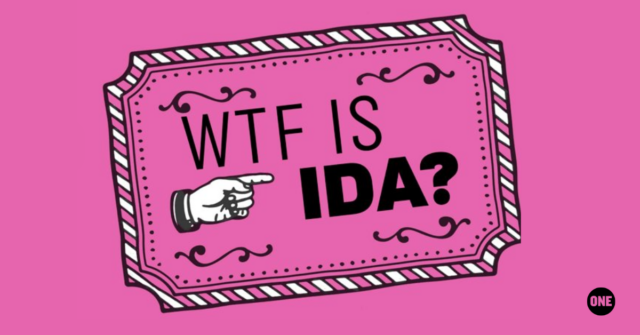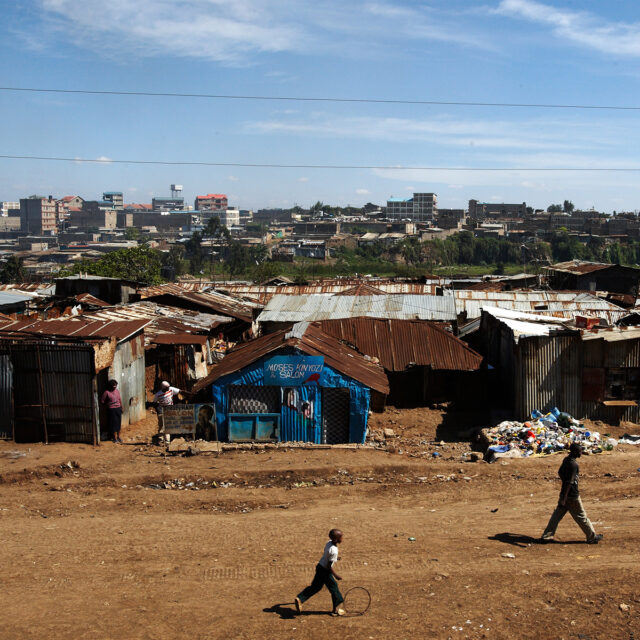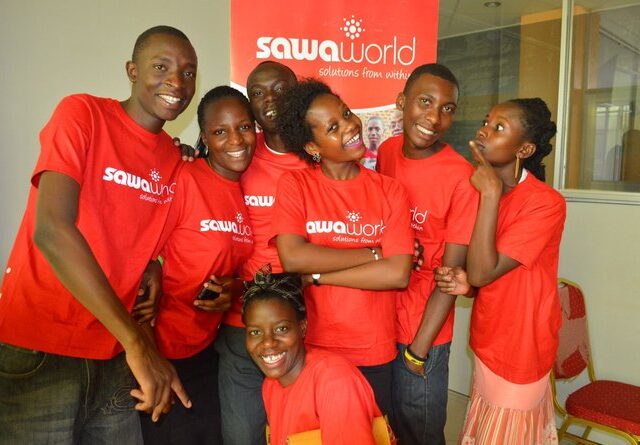You might not have heard of it before, but the International Development Association (IDA) is one of the most efficient ways we promote sustainable, successful international development. ONE is calling on world leaders to show up for IDA in a big way – so what’s it all about?
First, let’s talk about debt.
Debt: Small word, big implications. Chances are you’re no stranger to the pressure of debt! According to the US Department of Labor, 77% of American households have some kind of debt. Maybe that’s a home loan, a car payment, student loans, medical bills, credit card debt, or, likely, a mix of several kinds.
Countries also have debt – and that’s where ONE comes in. 35 countries are in or at high risk of debt distress, meaning there’s a high likelihood that that country will default. 21 of those countries are in Africa, and if the 13 riskiest of those countries default on their debt, 16 million more people could be pushed into extreme poverty.
How did we get here?
Imagine it’s the early 2010s. You’re the leader of an African country. Your population is rapidly increasing – a quarter of the world’s population will be African by 2050 – and you have huge infrastructural needs to accommodate that growth. You’re in luck: Interest rates are super low right now, meaning you can borrow money very cheaply to fund those projects.
Here’s the problem: Ten years later, some once-in-a-generation shocks are going to totally flip the script.
Covid-19 disrupted health systems and economies in countries around the world. Just as we started to return to a semblance of normalcy post-pandemic, Russia invaded Ukraine, which thwarted grain exports and sent food prices soaring. As bigger global economies, like ours here in the US, tried to stave off economic crisis at home, interest rates grew higher and higher and those cheap loans we were just talking about? They’re now pretty hard to repay.
ONE’s research found that, right now, more money is flowing out of developing countries as debt repayments than flows in as aid or investment, forcing leaders to make tough choices about what to prioritize. The result: 40 percent of the world’s population lives in a country that pays more in debt repayments than it does on the health or education of its people.
Okay, back to IDA. How does it work?
At ONE, we have a lot of ideas that we believe will unlock transformative financing to help promote healthier lives and economic opportunities in Africa. IDA has a big role to play here!
IDA is part of the World Bank, and it offers zero-to-low interest loans and grants to low-income countries that enable them to fund priority investments in their people without having to take on debt they won’t be able to repay. IDA also provides urgent crisis funding to assist countries with their responses to environmental disasters and other emergencies.
IDA funds projects that help establish critical infrastructure to develop sustainable economies, like access to electricity and technology, water, health services, and better agricultural tools and training. For example: IDA financing made it possible for more than 500,000 farmers in the Central African Republic to access better seeds, fertilizers, farming tools, and training that helps them boost crop output and protect their farms from climate risks. As a result, food production in the CAR quadrupled in just the last two years.
Every $1 that the United States invests in IDA catalyzes $27 in additional investments. It’s one of the most efficient ways we promote international development. Since 1960, 36 countries have graduated from being supported by IDA to actually supporting it themselves.
Why is this important right now?
When IDA hosts its replenishment, it’s incredibly important that the US shows up with a strong pledge – to continue our support for IDA’s important work and to leverage support from other world leaders. Good news: President Biden made a historic $4 billion pledge to the IDA21 replenishment!
A pledge to IDA is an investment that creates a clear pathway for economic growth and healthier lives and makes a huge impact on the African continent.”
– Ndidi Okonkwo Nwuneli, CEO, ONE



